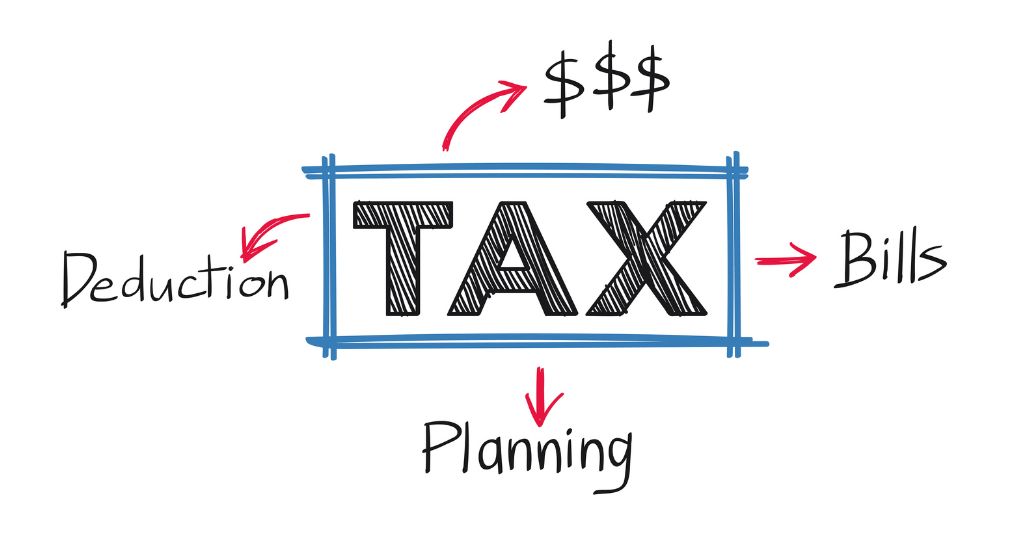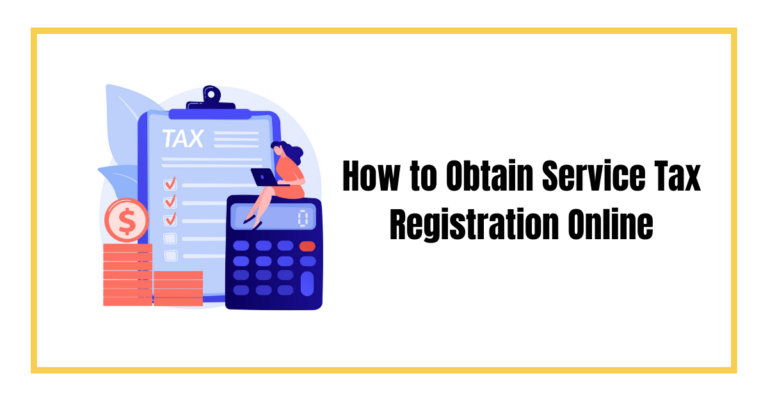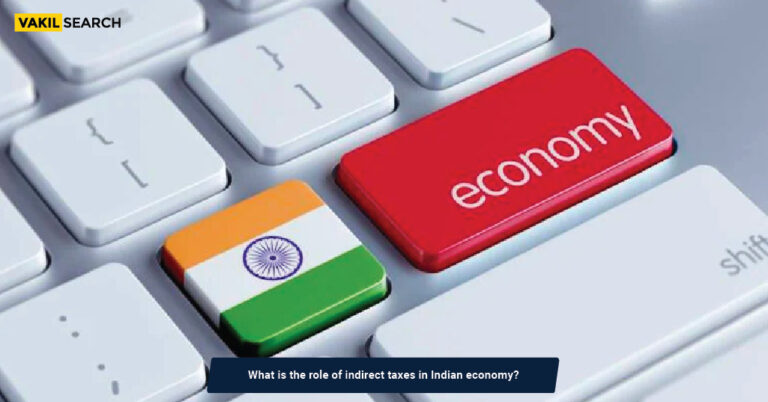In this article, we will take an elaborate look at the recently introduced Equalisation Levy Tax and understand its applicability
More users engage with internet platforms than they do with television or radio for one simple reason. It is accessible on a device that can fit into your pocket. This has led to a big boom in online advertisements due to massive improvements in information technology and the surge in the number of internet users. As a result, their digital content policy of businesses has transformed, necessitating a change in the taxation policy as well.
The Equalisation levy was introduced in the year 2016 to tax the digital transactions of non-resident service providers. Many of the non-resident companies generate huge revenues from offering advertisement services in India. They also benefit primarily because of the wide user base in India. In this post, we assess the legislative, taxation and business impacts of the equalisation levy tax.
Nature and Need of Equalisation Levy – India and the world
The international scenario
Not long ago, Google, Facebook and Apple protested against what was termed as the “Gafa” tax levied by France. France thus became the first country to levy taxes on these massive digital companies. It imposes a 3% tax on annual revenues generated by advertisements directed at the French user base.
The Organisation for Economic Cooperation and Development(OECD), also came out with a detailed Base Erosion Profit Sharing scheme last year to bring transparency in the taxation of multinational companies engaging in advertising revenues online.
Physical presence for taxing multinational companies
As per the current rules of the OECD, a country would be able to tax a multinational company only if a nexus has been established through a physical presence in the country, known as a permanent establishment. And only the profits traced to such permanent establishments in the country are taxed. Keeping this in mind, the government has imposed the responsibility to deposit the tax on the domestic company paying for such advertising services as well.
The Indian Scenario
India constitutes one of the largest user bases for many digital companies. India now stands only next to China, as the world’s second-largest internet user base. This creates a massive opportunity for businesses vying for sales through online advertisement leads.
Thus, the government sees a fair opportunity to tax large companies, often based outside India, that derive profits from Indian users.
Additionally, the government has placed the responsibility of deducting and remitting such a tax on the domestic company that makes use of such advertising services.
Scope Of Services On Which Equalization Levy Needs To Be Paid
The government has restricted the scope of Equalisation levy to cover only online advertisements. It also includes companies that provide a provision for digital advertising spaces for the purpose of online advertisement. Thus, only those companies that provide advertorial services in India would be liable to pay this tax.
Who Needs To Pay The Equalization Levy To The Tax Department?
Service recipient – As a general rule for most taxes the onus to deposit tax is placed on the service provider or the entity generating revenue. However, in the case of equalisation levy, payment needs to be collected and deposited by the service recipient.
The following two conditions are essential
- Payment for services must be made to non – resident service provider
- The annual payment made to one service provider must exceed ₹1 lac in a financial year
What Is The Amount Of Payment Of The Equalisation Levy?
The applicable rate is 6% of the gross consideration to be paid. Thus, if the total invoice amounts to ₹1,50,000, an amount of ₹9,000 will have to be deducted from the final amount and paid to the tax department.
Due Dates And Penalties For The Equalisation Levy
The due date for depositing the amount of equalisation levy is 30th June, for the services availed in the previous financial year. If service recipient has not deposited this amount by the due date, the following penalties become applicable –
- For delay in payment – Interest at 1@ of outstanding levy
- If equalisation levy has not a deduction – Penalty is equivalent to the amount that should’ve been deducted.
- Equalization levy collected but not deposited – Penalty up to ₹1000 per day, subject to the overall amount of levy
- The payment may also be disallowed to be claimed as a deduction under business expenditure
- False statement – Penalty includes payment of fine as well as imprisonment for a term of up to 3 years
Also check Equalisation Levy Section in Income Tax Act
Common FAQs for payment of equalisation levy
If I pay more than ₹1 lac for advertising to multiple advertising entities, should I deduct payment for equalisation levy?
The rule for applicability of equalisation levy is that the payment to each business entity must exceed ₹1 lac. Thus, if you’ve paid an amount exceeding ₹1 lac, but to various entities, where no company received more than ₹1 lac, the tax is not payable.
How can I manage my equalisation levy to have the minimum possible tax outcome?
It is also important to note the period during which the payments have been made. If the payments within one financial year (April 1 – March 31) do not total to ₹1 lac, no tax is payable. Thus, as a business entity receiving such services, you may enter into an arrangement of staggered payments. Spreading your payments over two financial years, such as in March and April can help you minimise the overall equalisation levy.
Conclusion
Taxation is vast because it is constantly evolving with business. As new ways of doing business emerge, taxation has to create space for such business models in the system so that they pay their rightful obligation of taxes just as all other businesses. (cnchealthplan.com) However, rationalising and understanding the logic behind these taxes and their provisions is not something that is common sense. It requires a macro view of the economy and its vision for the future to understand why a certain tax policy is formulated. This is why it is always advisable to consult a trained and experienced professional who understands the fine print of legislation and its applicability so that he or she can guide you in the right manner with its benefits and its restrictions. If you have any tax related query or would like assistance with some other legal or regulatory matter, contact us and we will ensure that you receive the right kind off guidance from our team of tax experts.
Read more,










